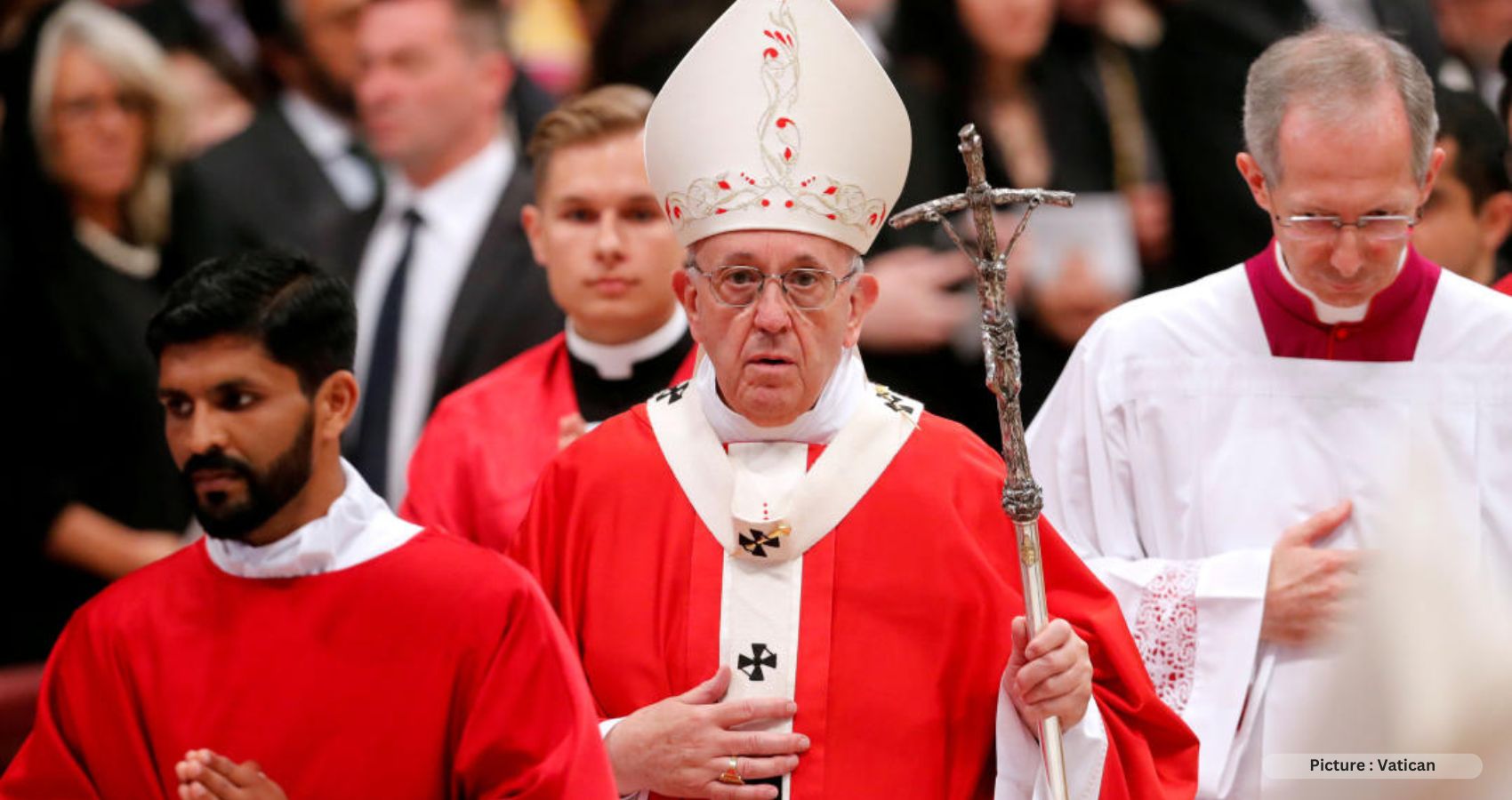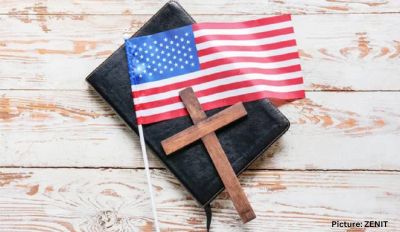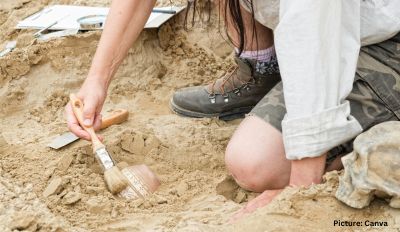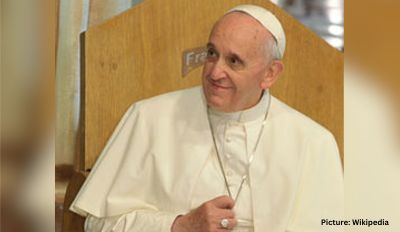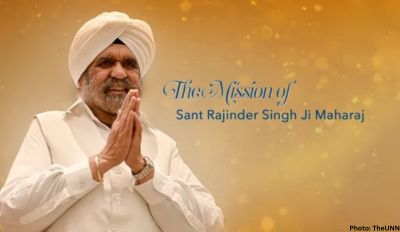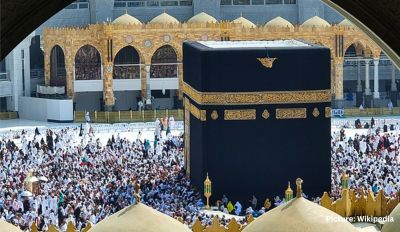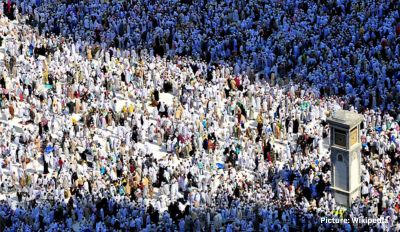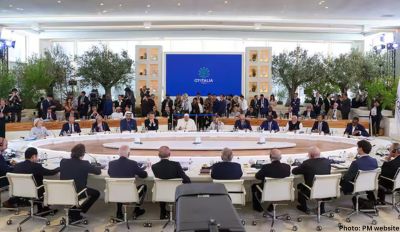Pope Francis on July 9 named 21 new cardinals, including the Vatican’s ambassador to the U.S., Archbishop Christophe Pierre; American-born Archbishop Robert Prevost, who oversees the appointments of Catholic bishops worldwide; and the new head of the Vatican’s doctrinal office, Archbishop Victor Manuel Fernández.
The pope made the announcement at the end of his weekly Sunday Angelus prayer from a window in the Apostolic Palace overlooking St. Peter’s Square. Francis said he would install the new cardinals during a consistory at the Vatican on Sept. 30, saying these new cardinals represent the universality of the global church and the “inseparable link” between the pope and dioceses around the world.
During the past 10 years, Pope Francis has created 121 cardinals from 66 countries, 23 of which had never been represented in the College of Cardinals. His appointments include the first Scandinavian since the Reformation, the first from Goa since an episcopal see was established there in 1533, the first from Latin America’s indigenous peoples, and the first from India’s Dalit class.
As of now, two-thirds of the cardinal electors have been cardinals created by Francis. Francis has shifted membership in the College of Cardinals away from Europe, making it all but certain that the conclave to choose his successor will be the first where Europeans do not account for a majority of electors.
Of the 21 new cardinals, 18 are under the age of 80 and would be eligible to vote in a papal conclave. As of Sept. 30, with the new additions, the total number of eligible cardinal electors will be 137.
Among the new cardinal-designates are three Vatican officials: Prevost, Fernández and Archbishop Claudio Gugerotti, 67, an Italian archbishop who in Nov. 22 was appointed as prefect of the Vatican’s Dicastery for the Eastern Churches.
Following the 2022 consistory, 83 of the cardinal electors had been appointed by Francis, 38 by Pope Benedict XVI, and 11 by Pope John Paul II. Each of Francis’ consistories has increased the number of cardinal electors from less than the set limit of 120 to a number higher than 120, as high as 132 in 2022, though never as high as the record 135 set by Pope John Paul II in 2001 and 2003.
As of the conclusion of the 2022 consistory, of the 83 cardinals appointed by Francis who would be eligible to participate as electors in a papal conclave, only 28 (34%) are European. Some 52% of the electors were Europeans at the 2013 conclave that elected Francis, but only 40% are Europeans as of August 2022.
The creation of the new cardinal electors by the 86-year-old Francis will put the total number of cardinal electors well above the limit of 120 set by Pope Paul VI in 1975. Both Popes John Paul II and Benedict XVI also exceeded that number at various points during their papacies.
The September ceremony to create new cardinals, being held on the eve of the pope’s highly anticipated Synod of Bishops in October, will be Francis’ ninth consistory for the creation of new cardinals since his election as pontiff in March 2013. He last created new cardinals in August 2022.
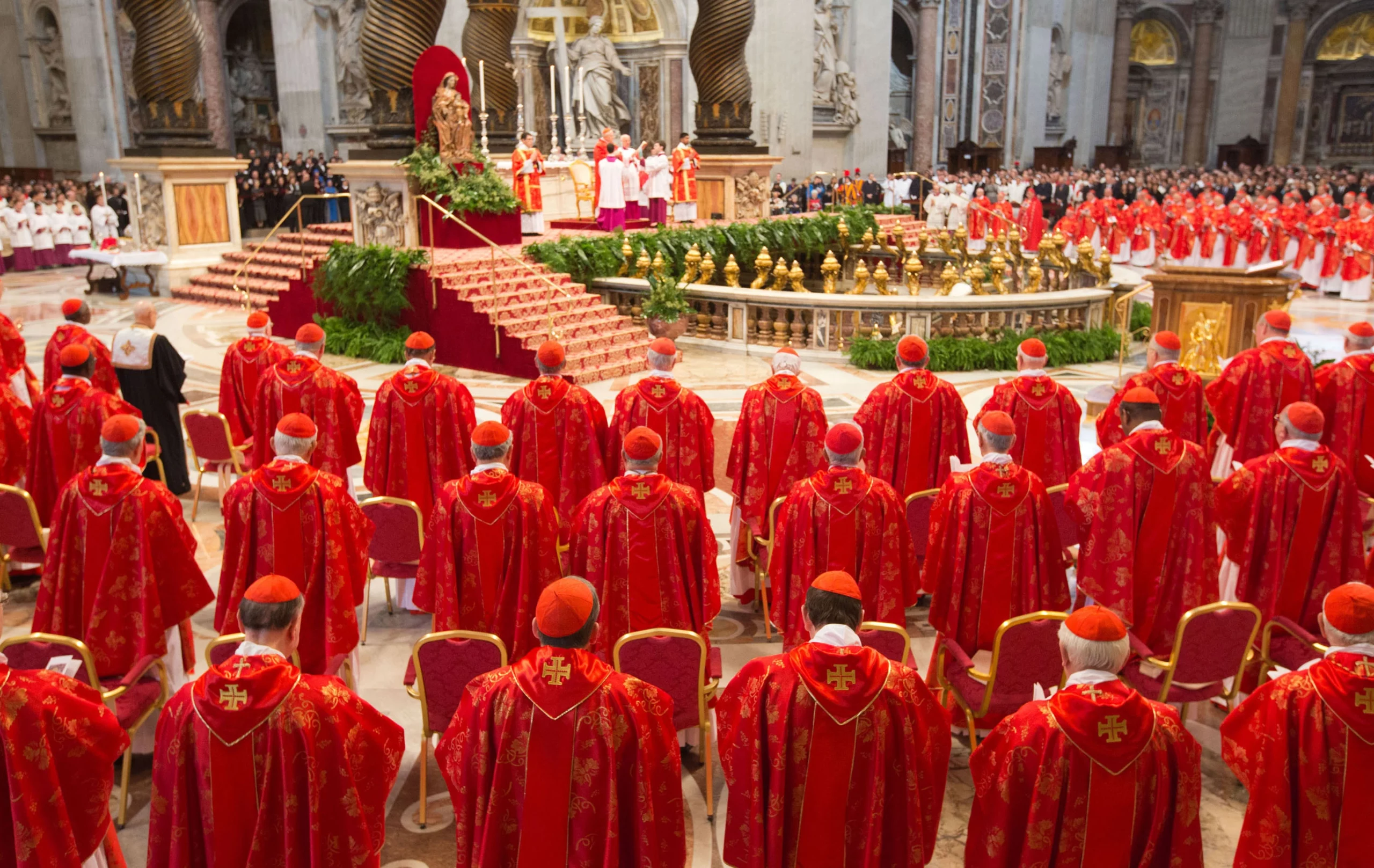
Cardinals rank second only to the pope in the Church hierarchy and serve as his closest advisers. Due to their historical power and influence, they are still called the princes of the Church, although Francis has told them not to live like royalty and to be close to the poor.
Three of the new cardinals were recently named as heads of major Vatican departments, including Argentine Archbishop Victor Manuel Fernandez, head of the Vatican’s doctrinal department.
Another significant appointment was that of Bishop Stephen Chow Sau-Yan of Hong Kong. Chow is one of the major links to the Catholic Church in communist China, where the Vatican is trying to improve conditions for Catholics. The bishop visited Beijing in April.
Another is Archbishop Robert Francis Prevost, an American who was recently named head of the Vatican department that helps the pope choose new bishops, one of the most powerful posts in the Vatican.
In announcing their names, Francis said the appointment of cardinals from across the globe “expresses the universality of the Church that continues to announce the merciful love of God to all men of the Earth.”
Cardinals serve as advisers to the pontiff on matters of teaching and administration, including the Vatican’s scandal-plagued finances. But their most crucial duty is gathering in a secret conclave to elect the next pontiff.
The full list of new cardinal electors:
Archbishop Robert Prevost, prefect of the Dicastery for Bishops;
Archbishop Claudio Gugerotti; prefect of the Dicastery for the Eastern Churches;
Archbishop Víctor Fernández; prefect of the Dicastery for the Doctrine of the Faith;
Archbishop Emil Tscherrig, retired apostolic nuncio
Archbishop Christophe Pierre, apostolic nuncio to the United States;
Archbishop Pierbattista Pizzaballa, Latin Patriarch of Jerusalem;
Archbishop Stephen Brislin, Archbishop of Cape Town, South Africa
Archbishop Ángel Sixto, Archbishop of Córdoba, Argentina;
Archbishop Luis José Rueda Aparicio of Bogotá, Colombia;
Archbishop Grzegorz Ryś, Archbishop of Łódź, Poland;
Archbishop Stephen Ameyu Martin Mulla, Archbishop of Juba, South Sudan;
Archbishop José Cobo Cano, Archbishop of Madrid;
Archbishop Protase Rugambwa, coadjutor Archbishop of Tabora, Tanzania;
Bishop Sebastian Francis of Penang, Malaysia;
Bishop Stephen Chow, Bishop of Hong Kong;
Bishop François-Xavier Bustillo, bishop of Ajaccio, France;
Bishop Américo Manuel Alves Aguiar, auxiliary bishop of Lisbon, Portugal;
Fr. Ángel Fernández Artime, Superior General of the Salesians of Don Bosco.

